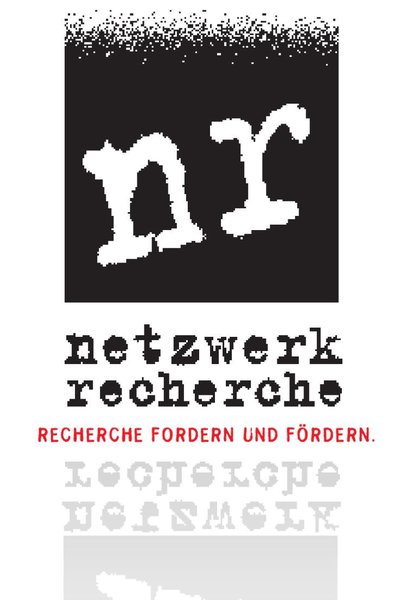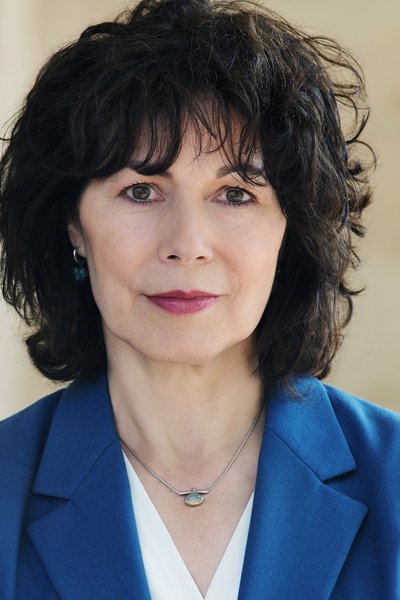ournalisten helfen Journalisten (Journalists help Journalists association) provides assistance to colleagues experiencing difficulties, who are obstructed in their work or maltreated, and also to dependants of killed journalists. Journalisten helfen Journalisten (Journalists Help Journalists association) received the Media Award for their courageous and selfless commitment to freedom of the press, for their support to those in need, those hindered in their work, to their mistreated colleagues and the families of journalists who have lost their lives in the line of duty. The non-profit organization was founded in 1993 by Christiane Schlötzer-Scotland. “We were wrong. Unfortunately.” It’s unsual for an association to comment on its ten-year anniversary in such a way. The members of Journalists Help Journalists did so one year ago. “We thought and hoped the society would only be around for a short time,” they said, recalling its founding in 1993. “We wanted to offer our support to a few of our needy colleagues in the form of material donations.” It were mostly Munich journalists who wanted to help, quickly and unbureaucratically, when war broke out in ex-Yugoslavia. The society’s “base camp” is located in Munich, operated by Carl W. Macke. Its founder, Christiane Schlötzer-Scotland, says it was an “assignment of despair” that drove her at the start, when her husband Egon Scotland was killed shortly before by a sniper’s bullet while investigating for the Süddeutsche Zeitung in the crisis area of Croatia. His death made clear that the era of immunity for journalists in conflict areas was over.
More than 800 journalists have been killed in the line of duty over the last fifteen years, several hundreds are incarcerated every year around the world, and many are tortured. Western media usually only report about spectacular individual cases, during wars the West is directly involved in, though most journalists are killed not in combat but in reprisal for their reporting. This usually happens in crisis regions forgotten by the rest of the world. Journalists Help Journalists is committed to fight this forgetfulness. The association currently has more than 100 members in Germany, Italy and Austria. For chairman Roman Arens, its members are the group’s real asset. Its strength lies not in financial clout but in its unbureaucratic network of professional colleagues. The association helps journalists to get published in German-language media, provides important contacts, or has journalists on research trips distribute material donations. “We know how journalists work,” says Schlötzer-Scotland. “We don’t want to hand out alms but to show our solidarity. Not with words but by giving our colleagues direct support.” The group intervenes where no official aid channels exist. For example, they gathered money for a young reporter in Sarajevo in need of a kidney transplant or help imperiled colleagues flee from crisis areas, most recently from Afghanistan, Iran and Tadjikistan. Independent newspaper founders in Iraq received spontanious start-up funding. And the Bosnian journal Start, recently honored by Amnesty International, survived not least thanks to Journalists Help Journalists. That you seldom hear or read about their projects is no wonder, since the group thinks of itself as a rapid deployment force. They prefer to keep a low profile, with as little media hype as possible. One focus of the society’s work is supporting the families of slain journalists. Contrary to the group’s initial expectations, crisis, war and tragedies have been on the rise since it was founded. “The association” the journalists say, “is more important than ever nowadays.” Unfortunately they’re right.



































































